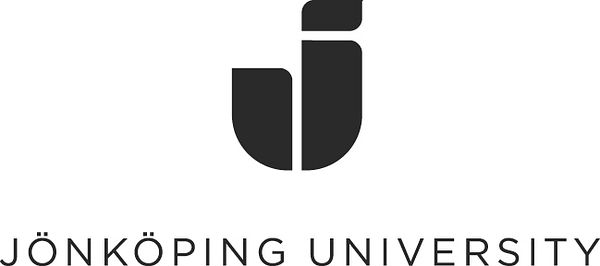Press release -
Patient accessible health records – divergent views
Sweden aims to be number one in the world in eHealth in 2025, according to the Vision for eHealth 2025 from the Swedish government. In a new PhD thesis from Jönköping International Business School, Sofie Wass describes how patients and healthcare professionals experience eHealth, and prerequisites to realize eHealth innovations.
In a PhD thesis in informatics, Sofie Wass has analyzed how eHealth services are experienced by those who use them and prerequisites to realize eHealth innovations.
In Jönköping, patients were given online access to their electronic health record in 2015. In 2017, all county councils and regions in Sweden were expected to provide this eHealth service. The thesis states that patients feel more involved in their care due to the patient accessible electronic health record. They also perceive that the patient-professional relationship improves when they acquire access to more information. Healthcare professionals see benefits such as increased adherence, clarification of important information and that patients can verify the information in the notes.
”However, the healthcare professionals do not consider the patients to be more involved in their care and there is a discrepancy between the perceptions of patients and healthcare professionals. The healthcare professionals have concerns about how patients will handle the access to health information”, says Sofie Wass.
The thesis also provides information on prerequisites that need to be considered to realize eHealth innovations. Organizational and semantic interoperability is still a challenge for eHealth services and these challenges extend beyond organizational boundaries.
“Organizational interoperability shows that it is important to pursue eHealth initiatives as organizational change initiatives, and not only as a technical development. It is also important that organizations can collaborate and that there are common goals for the development effort. Regarding semantic interoperability, the challenge is to have the same common principles for terms, concepts and information structure, so that, for example, systems can exchange information with each other", explains Sofie Wass.
The dissertation also presents how business models for public eHealth services can be described.
Sofie Wass successfully defended her PhD thesis ”The importance of eHealth Innovation - Lessons About Patient Accessible Information”on December 8 at Jönköping International Business School, Jönköping University.
For more information, please contact Sofie Wass
sofie.wass@ju.se
+46 36-10 17 90
Related links
Topics
- Health, Health Care, Pharmaceuticals
Categories
- jönköping international business school
Jönköping University Foundation is one of three independent institutions of higher education in Sweden offering postgraduate programmes. It is characterised by focused profiles, internationalisation, an entrepreneurial spirit and collaboration with surrounding society. Research and education are carried out at four schools: Jönköping International Business School, School of Education and Communication, School of Engineering and School of Health and Welfare. Jönköping University has some 11,000 registered students, 800 employees and a turnover of approximately SEK 649 million.
